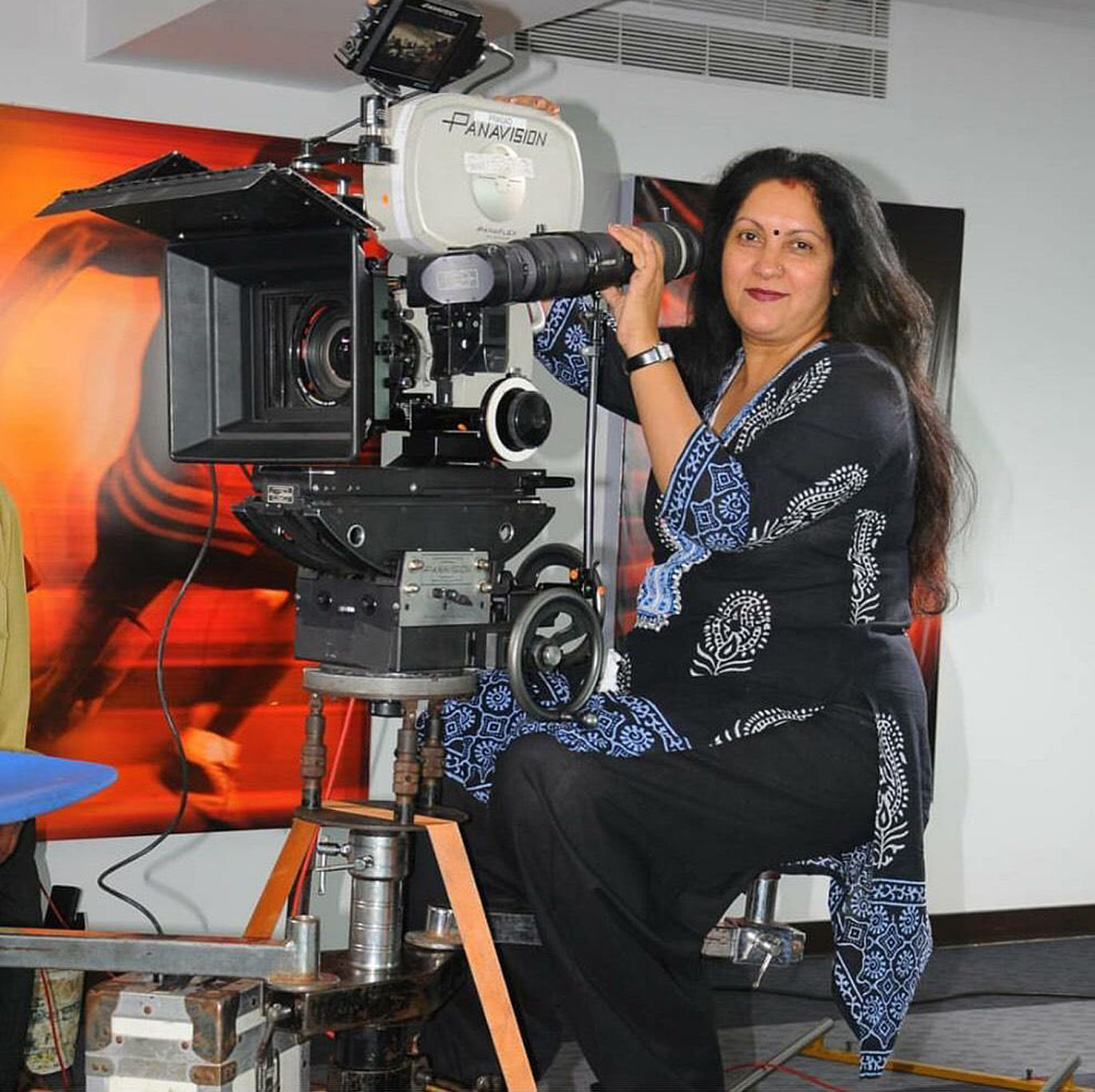
While the world was going gaga over the somewhat gorgeous and mostly atrocious outfits that graced the red carpet at Cannes, a political statement was made by a group of 82 women when they marched up the red carpet of the Palais des Festivals, stood on the stairs, locked arms, and turned to face the crowd.
Organised by ‘Time’s Up’ and the new French movement known as ‘5020×2020’, which is calling for 50/50 gender equality in the French film industry by the year 2020, the women’s march was led by jury president Cate Blanchett to underscore the gender disparity when it came to presenting awards. The number 82 signified the number of female directors who have been in competition in Cannes’s 71-year history — compared to 1,688 men.
Even if the protestors wore haute couture, the move was symbolic in a place like Cannes — a place with such deep-rooted conventionalism that it’s still news when women don’t wear stilettos on the red carpet. But the rot runs deep.
“Cannes has become more about fashion than cinema. Even though a lot of meaningful cinema makes its way to the film festival, the focus is solely on what Deepika Padukone is wearing or what shade Aishwarya Rai’s lipstick is,” says noted filmmaker Sumana Kittur.
“Every year, many movies made by women directors are screened at the festival, both feature and non-feature. But these are never highlighted. Not just in Cannes, women directors are sidelined everywhere even though we are coming out with a good number of quality films on varied subjects. We have it so much harder — we have to compete for the same awards and theatres; then why the neglect?” she asks.
Producer and director Vijayalakshmi Singh echoes this sentiment of ‘lesser awards and rewards’. “Also, it is very difficult for women directors to convince producers even though they will have an extraordinary story. The producers feel that movies helmed by a woman will be on women-oriented subjects and fall in the ‘art’ or ‘bridge’ category. They don’t think these movies will be commercially viable. They also feel that women directors can’t handle big heroes.”
Debunking all these as myths, Vijayalakshmi goes on to add that she produces her own movies.
But it is not enough to just voice your protest, it has to be accompanied by action, says documentary filmmaker Maya Jaideep.
“I don’t know if women are really coming out; the same names keep getting repeated. When I was part of the jury of the National Film Festival, there were hardly any women participants. And most of their movies centered around women-based subjects. It wasn’t society-based as such. Somewhere I feel we keep harping on the same issues.”
Vijayalakshmi adds that she too has faced issues when trying to promote women in the field. “When I call for auditions for women assistant directors, I see limited participation. The ones who do come usually drop out after 1-2 weeks for reasons ranging from timings to family issues. I can’t rely on them like I can depend on boys.”
It is important to be focussed on the work that you do, feels Maya. “I don’t think women should be focussed on winning awards; they should just want their films to be shown. If somebody comes and tells me ‘yours was a beautiful film which evoked these thoughts in me’, that is a victory for me personally.